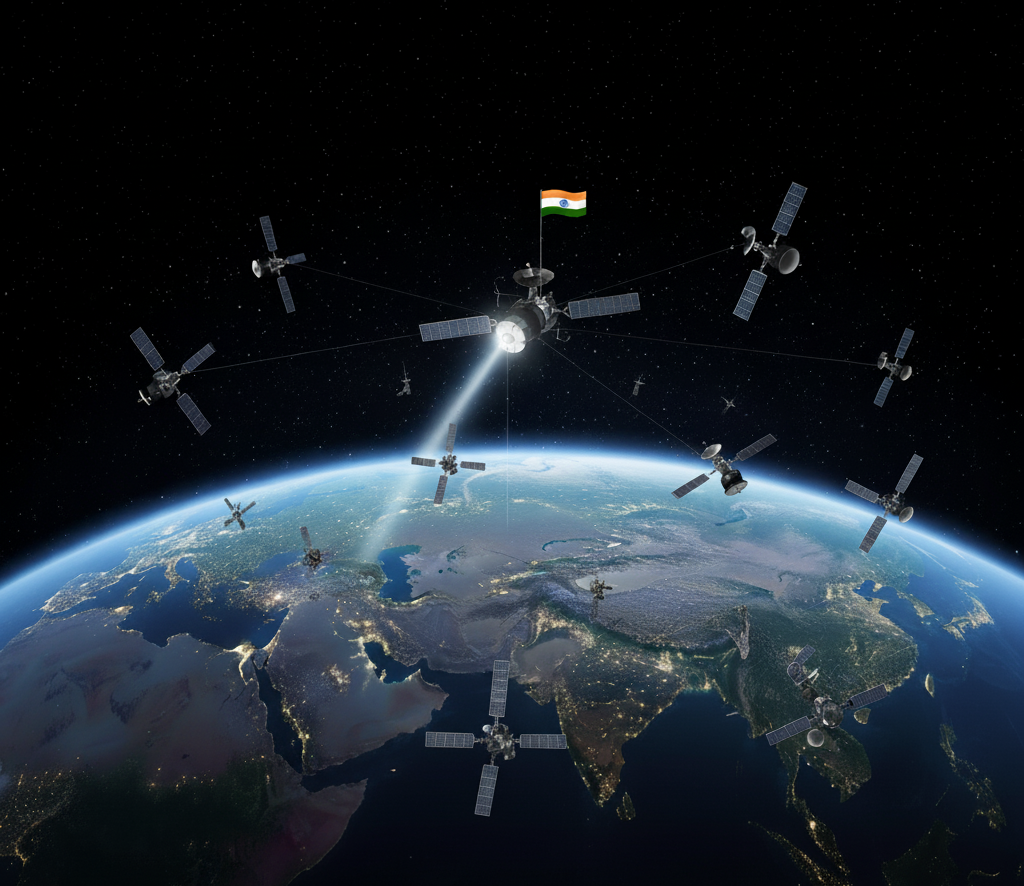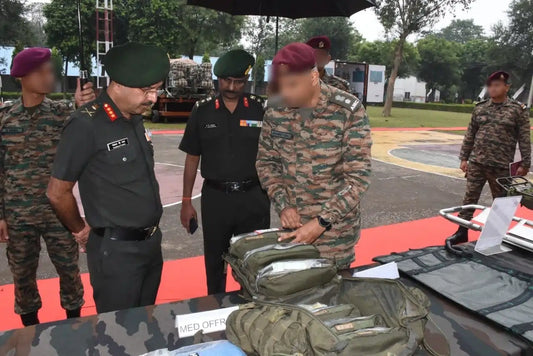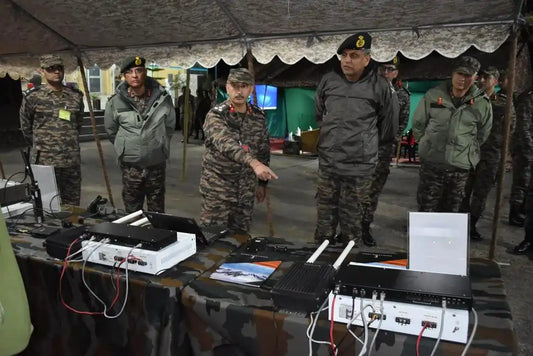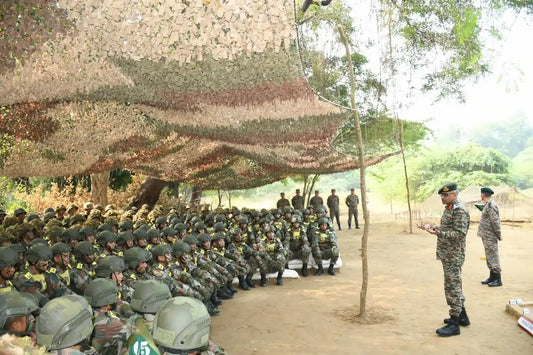India to Expand Military Satellite Network to 78 Platforms by 2031

India is embarking on a significant expansion of its military satellite network, aiming to increase the number of platforms from 12 to 78 by 2031. This ambitious initiative, influenced by the outcomes of Operation Sindoor, aims to enhance the country's capabilities in intelligence, surveillance, reconnaissance (ISR), communications, navigation, and electronic intelligence.
The $3.2 billion project, part of the Satellite-Based Surveillance (SBS-III) program, will be implemented through a public-private partnership. The Indian Space Research Organisation (ISRO), the Defence Space Agency (DSA), and private sector firms such as Pixel Space India will collaborate on this effort.
ISRO will spearhead the initial phase, designing and launching the first 21 next-generation satellites. These will feature advanced synthetic aperture radars, optical imaging systems, and secure communication payloads. Subsequently, private companies will build and deploy the following 31 satellites, facilitating faster rollouts and fostering commercial innovation.
The deployment plan includes the first launch by April 2026, completion of the core satellite constellation by 2029, and further expansion to enhance redundancy by 2031.
| Domain | Strategic Gains |
|---|---|
| ISR | Real-time tracking of adversary movements and persistent surveillance of the Indian Ocean. |
| Communications | Secure, jam-resistant networks connecting ships, submarines, aircraft, and forward-deployed troops. |
| Navigation | A dedicated Naval Constellation to strengthen NavIC, reducing dependence on GPS or GLONASS during high-intensity conflicts. |
| ELINT | Advanced satellites to intercept enemy communications and radar emissions, enhancing visibility into adversary deployments. |
The SBS-III program is a response to intelligence shortfalls experienced during the May 2025 conflict with Pakistan, where limited satellite coverage hindered joint operations. The initiative seeks to address such vulnerabilities, ensuring data sovereignty and independence from foreign systems.
This collaborative effort will integrate ISRO's technical prowess with the DSA's operational needs and private firms' innovations in AI-driven analytics, rapid prototyping, and modular satellite design. Officials anticipate that this synergy will reduce costs, minimize delays, and expedite deployment.
By the project's completion in 2031, the expanded satellite constellation is expected to secure India's regional dominance. It will streamline sensor-to-shooter timelines, ensure reliable battlefield communications, and strengthen deterrence in South Asia and the Indian Ocean.
Defence experts highlight that this program signifies a fundamental shift in India's security strategy, evolving space from a supportive role to an autonomous warfighting domain.



















